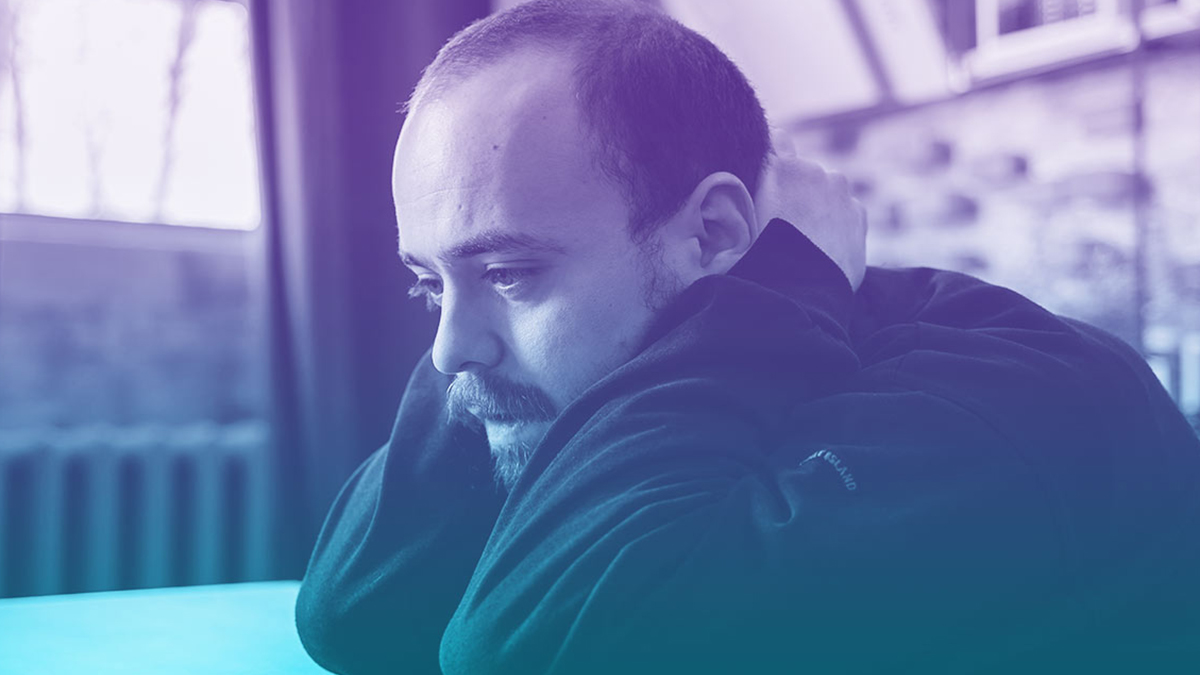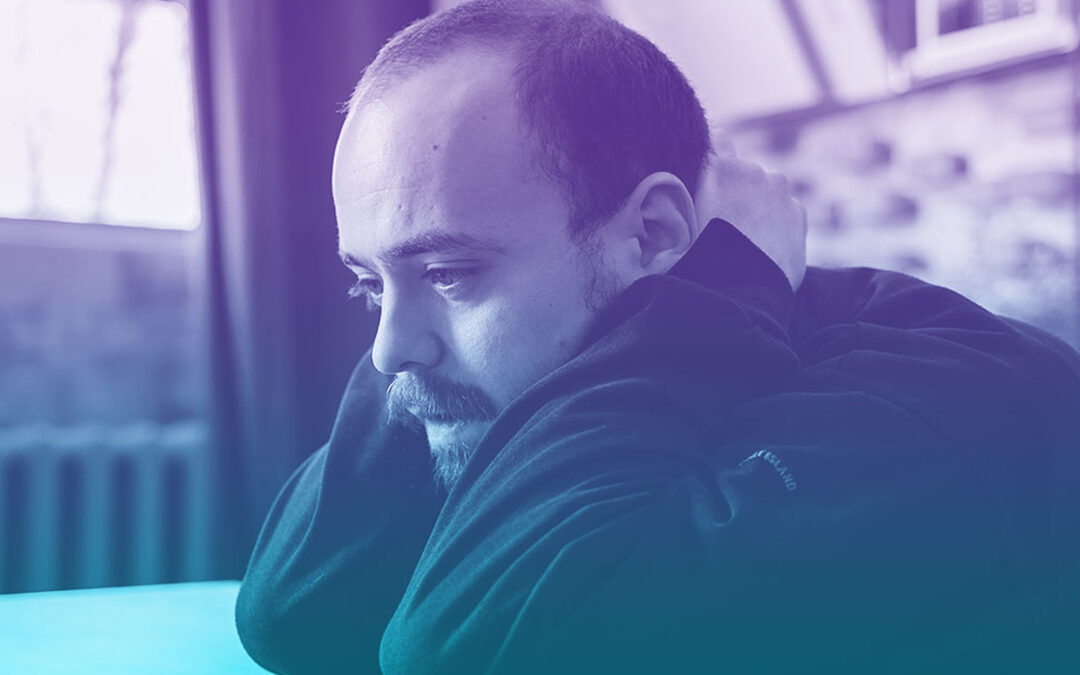Medication For Heroin Addiction
Medical conditions affect numerous Americans every day. Some have autoimmune conditions, where the body attacks itself and causes a slew of side effects. Others have heart conditions, diabetes, high blood pressure or cholesterol, or arthritis. All of these conditions require daily medication in order to help eliminate the symptoms associated with them. So, if addiction is seen as a condition, is there medication for it?

Medical conditions affect numerous Americans every day. Some have autoimmune conditions, where the body attacks itself and causes a slew of side effects. Others have heart conditions, diabetes, high blood pressure or cholesterol, or arthritis. All of these conditions require daily medication in order to help eliminate the symptoms associated with them. So, if addiction is seen as a condition, is there medication for it?
In the first quarter of 2023, 250 EMS response calls were made involving opioids in Pasco County, Florida. For almost an equal amount of those calls, naloxone (Narcan) was administered. Here at Clean Recovery Centers, we understand the dangers of overdose when it comes to opioids like heroin. Our goal is to help people living with a heroin use disorder to find recovery. With locations along the Suncoast, we have been able to help hundreds to get clean, live clean, and stay clean. Today, let’s take a look at what medications are available for heroin addiction.
Medication-Assisted Treatment for Heroin Addiction
What is heroin? It is an intense substance, to say the least. The use of heroin changes the way the brain thinks, works, and controls the rest of the body. Because of this, it is very difficult to stop heroin use “cold turkey.” Some have been successful at stopping heroin use on their own, but the risk of overdose is highly prevalent. When the body is no longer used to having heroin in the system, the brain adjusts back to its normal chemical balance. If heroin is used again, especially in high doses, the brain becomes overwhelmed and body processes, such as breathing, are compromised. This is how heroin overdose occurs.
Different medications are available to address heroin addiction. Some help with withdrawal and cravings while others block the need to use heroin again. All in all, medication is a great tool to help with heroin cravings and use. It also helps with preventing heroin side effects. Those who use heroin are bound to feel some of the side effects over time. With medication and proper treatment, these effects can be minimalized or even reversed in some cases.
Methadone as a Treatment for Heroin Dependence
Methadone has been used since the 1960s for treatment of opioid use disorder. It works by binding to opioid receptors in the brain. The response is much slower than heroin, meaning the response to methadone lessens the “high” and creates a more mellow effect. Any person seeking methadone as a treatment would have to be enrolled in an approved outpatient treatment program and check in daily.
Buprenorphine as a Treatment for Heroin Dependence
Also known as Suboxone®, buprenorphine/naloxone is a standard treatment for heroin dependence. It works by reducing heroin cravings and withdrawal symptoms while preventing overdose. Buprenorphine is approved by the Food and Drug Administration (FDA) to treat opioid use disorder, which means it has regulations and dosage guidelines. This is what heroin lacks, as drug dealers are not required to report to anyone.
Naltrexone As a Treatment for Heroin Dependence
Naltrexone (also known as Vivitrol®) has been gaining ground in treating heroin dependence. At first, it was only offered in daily doses. While blocking the opioid receptors, many were having a hard time sticking to a daily protocol with naltrexone. The FDA approved a version that is a monthly injection, as opposed to daily dosing. This has helped keep those on a naltrexone regime stay up to date on doses.
Advantages of Medication for Heroin Dependence
 Heroin is a mind-altering substance. Wanting to stop using heroin is a brave step, and should be met with all options possible. For some, having medication such as methadone has helped them achieve the recovery goals they have wanted. Others have utilized therapy and rehab to achieve the same goals.
Heroin is a mind-altering substance. Wanting to stop using heroin is a brave step, and should be met with all options possible. For some, having medication such as methadone has helped them achieve the recovery goals they have wanted. Others have utilized therapy and rehab to achieve the same goals.
Let’s get one thing straight: taking medication for heroin dependence is not a weakness. There are so many stigmas surrounding addiction, but for those that have not lived with it, it is easy to pass judgment. Heroin binds to opioid receptors in the brain, creating chemical imbalances and dependence. Those that have not ever felt that cannot speak on the experience. Using medication is not a crutch or replacement for heroin. Instead, it is a stepping stone that helps safely and effectively wean people off of opioids such as heroin in order to move into recovery.
What Is the Difference Between Heroin Tolerance & Dependence?
Heroin dependence is what happens when the brain and body need heroin in order to feel “normal.” Cravings and withdrawal symptoms are key reasons that people continue to use heroin. The body becomes used to having a certain amount of heroin within the system and will require more in order to feel the same “high.” This is what is known as tolerance. Both heroin tolerance and dependence are linked to one another. Dependence happens as heroin tolerance increases. These are telltale signs of heroin addiction.
Is it Possible to Go Through Heroin Detox With Lighter Symptoms?
Detoxing from heroin is uncomfortable. Some medications can lessen the symptoms of withdrawal and help with pain and cravings. There is no way to avoid withdrawal symptoms altogether, but having a strong support system in a safe environment can help ease the difficulties that come with detoxing. Some common withdrawal symptoms include:
- Sweating
- Runny nose
- Increase in tear production (watery eyes)
- Anxiety
- Agitation
- Vomiting
- Diarrhea
- Abdominal cramping
- Muscle cramps or twitching
Treatment Options for Heroin Use Disorder in Tampa, FL
Heroin use disorder treatment can have many different variations. At Clean Recovery Centers, we believe in empowering our clients through therapy and the development of healthy coping skills. We have a full program that includes housing and meals so all you have to focus on is recovery. Our recovery for heroin addiction includes:
Heroin Detoxification
The first phase of treatment is called preparation. This includes a 24-hour detoxification period monitored around the clock medically and with emotional support. Detox can be dangerous as heroin withdrawal symptoms can become fatal. We offer medication-assisted treatment during this time to ensure the safety and well-being of our clients.
Residential Treatment
At Clean Recovery Centers, we have different residential treatment options. For heroin use disorder, clients typically stay in residential I housing after detox. This is supervised 24/7 and provides meals, structured schedules, and daily therapy to address the root causes of addiction. Our team is capable of diagnosing a mental health condition at any point in treatment, and we can adjust your program to fit those needs. Our facilities also offer community housing after residential I treatment is complete. You will never have to worry about having a place to stay. Our goal is to provide everything you will need in order to focus on healing.
Outpatient Rehab Services
Outpatient services are for our clients who are transitioning into lower levels of care. Clean Recovery Centers does have housing options available for those who need it. Clients come to our facility for treatment and therapy and then have the rest of the day to do what they would like. This program typically lasts 6-8 weeks.
There is no harm in seeking treatment options for heroin use disorder. Here at Clean Recovery Centers, we understand the courage it takes to face addiction head-on, and we provide the tools and resources needed in order to get clean, live clean, and stay clean. Call us today at (888) 330-2532 to learn more about our program options.
FAQs
What is the first line of treatment for heroin addiction?
There are many ways to treat heroin addiction. Some people will need medication management while others will go through a program at an addiction treatment facility.
What is the drug of choice for opioid dependence?
Methadone and buprenorphine (Suboxone®) are the most common medications used to treat opioid dependence.
What medications are used to treat opioid use disorder?
Methadone, buprenorphine, and naltrexone are used in treating opioid use disorder. Naloxone is used to reverse the effects of opioids in the case of an overdose.


